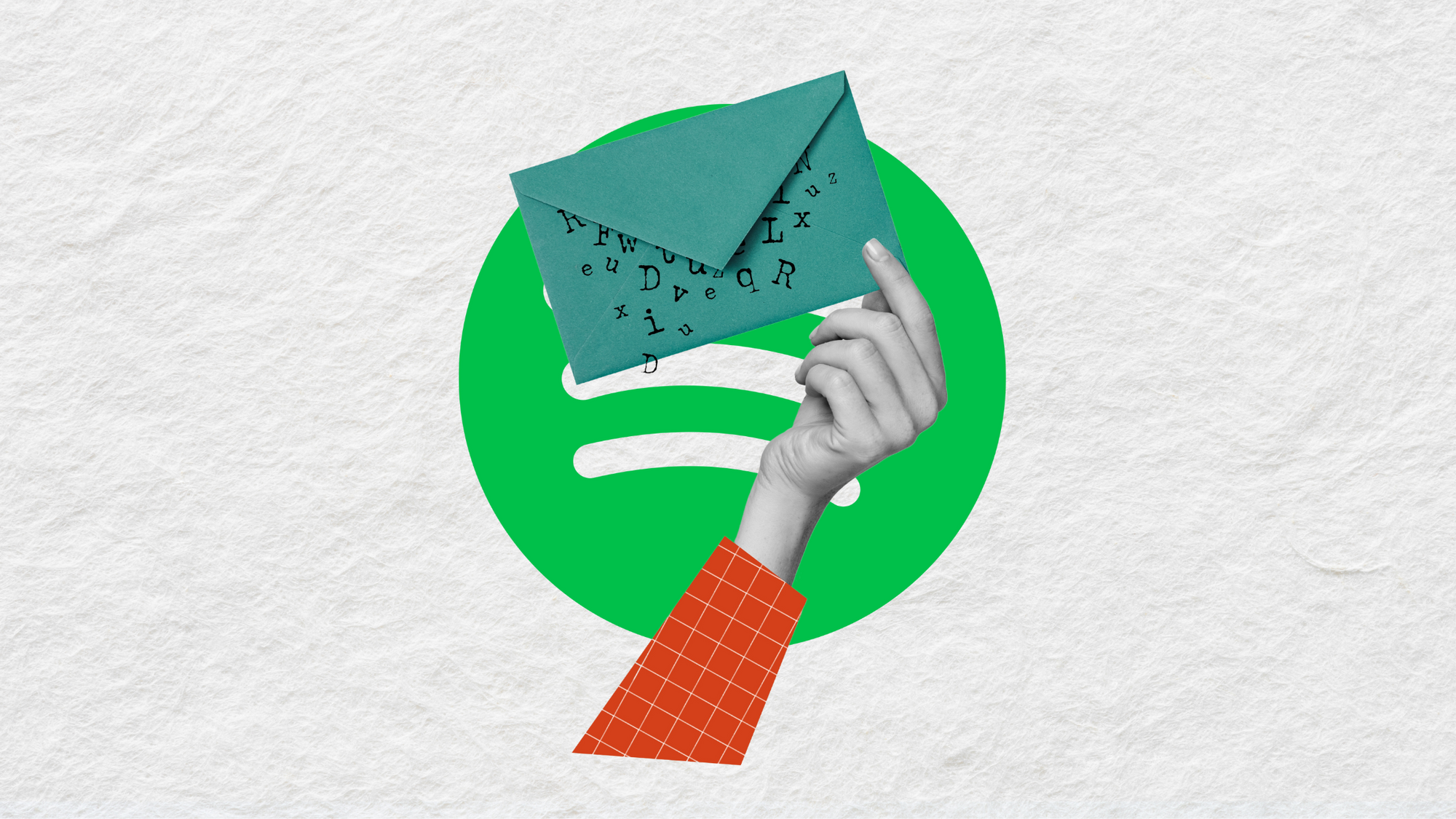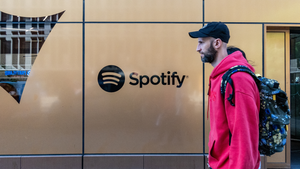A competition law expert has written to Spotify boss Daniel Ek to express concern about the company's plan to introduce a two-tier payment system, so that tracks on the streaming platform will need to meet a threshold in order to earn any royalties.
The plan means that tracks which currently collectively receive about 0.5% of the monies paid by Spotify to the music industry will earn nothing, with that money allocated to more popular tracks instead.
Amelia Fletcher, Professor of Competition Policy at the University Of East Anglia, writes in her letter: "Spotify’s ability to demonetise this tranche of music is exploitative and reflects the huge discrepancy in bargaining power between Spotify and these smaller business users”.
“The vast majority of these artists and labels really have no other option than to stream through Spotify”, she adds, “given its huge footprint with single-homing listeners, since this is a critical way to establish themselves".
Spotify's plan is a response to calls from the major record companies to evolve the streaming business model. Sources now say that the initial threshold a track must pass to be allocated any revenue will be 1000 plays a year.
Supporters of the plan argue that tracks that fall below the threshold are currently earning a tiny amount of money anyway and are likely made by "non-professional" artists who are not seeking to make money from their music.
The plan nevertheless involves the biggest streaming service in the world and the biggest music rights owners in the world agreeing and then presenting as a fait accompli a new model that diverts money away from grassroots music-makers to superstars and major corporations.
Fletcher is a musician and label owner as well as being an expert on competition law. Noting Spotify's dominance in a market where most consumers subscribe to a single music service - so they are 'single-homing' - she writes: "While the proposed demonetisation might seem like a small change to Spotify’s policies, I would argue that it is akin to Amazon simply deciding not to pay the many small traders that account for the last 0.5% of its revenues".
Pointing out that, once the plan is implemented, the threshold could increase over time, she argues that the new system is "not only discriminatory and exploitative of music creators, but also creates an unlevel playing field in the market for music creation".
Universal Music supports the scheme, she adds, "on the basis that it will 'reward real artists with real fanbases for the platform engagement they drive'. This is bordering on offensive. It fails to recognise that this ‘long tail’ includes a huge number of ‘real’ emerging artists, emerging genres and emerging small labels, as well as artists and labels who are culturally important in smaller geographic territories, ethnic groups or genres".
"It includes many musical seeds that have huge potential to grow into exciting new musical forces and change the future of music and culture", she goes on. "Demonetising these smaller ‘grassroots’ artists is clearly discriminatory".
Fletcher also points out that Spotify has long claimed that it “exists to connect creators with fans and empower creators to live off of their art". It is also busy urging lawmakers to tackle what it sees as the anti-competitive conduct of Apple and Google when it comes to rules around in-app payments.
"Spotify’s current proposal is at odds with these worthy corporate statements. Not only is it intrinsically unfair, but it is also anticompetitive and seriously risks constituting an abuse of dominance under UK and EU competition law".
Commenting on why she decided to send the letter, Fletcher tells CMU: “When I heard about Spotify’s proposal, it felt both unfair and anti-competitive to me. I was unclear how much it was a Spotify-initiated scheme, as opposed to them being bullied into it by Universal Music. But either way it felt like the thin end of a very dangerous wedge".
"I decided to write the letter as I am in a pretty unique position as an expert in competition policy who is also an artist and co-runs a small independent label", she goes on.
"As an artist, with a reasonably popular back catalogue, I might well benefit overall from this change. But the label would definitely suffer. We mostly release new bands, who are still building their profiles and fanbases. This change would severely dent the viability of these releases".
You can read Fletcher's full letter below.



